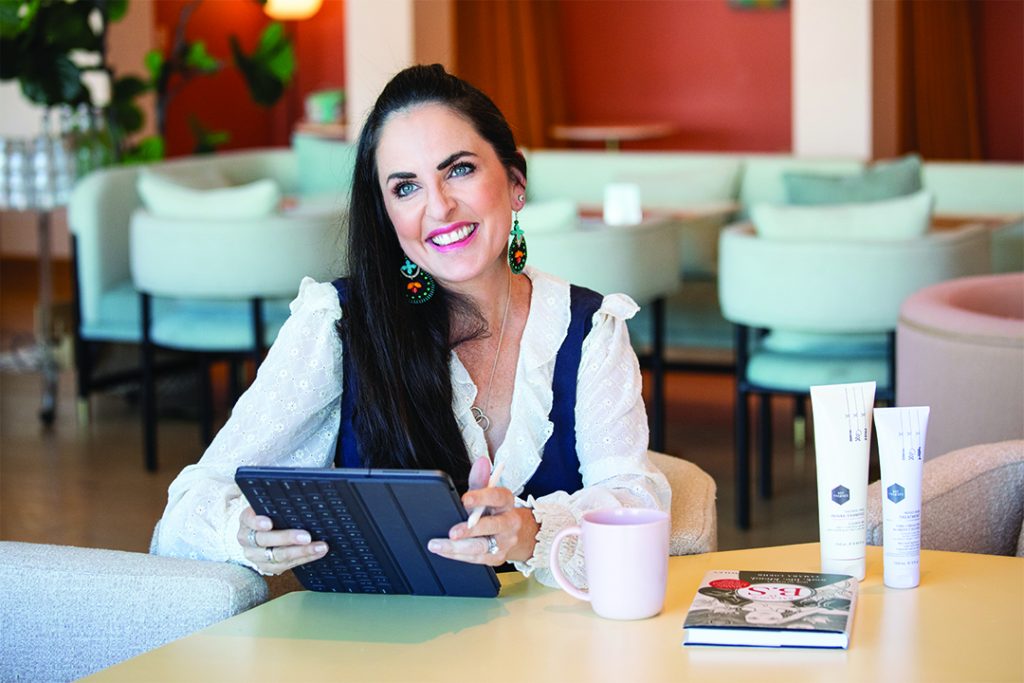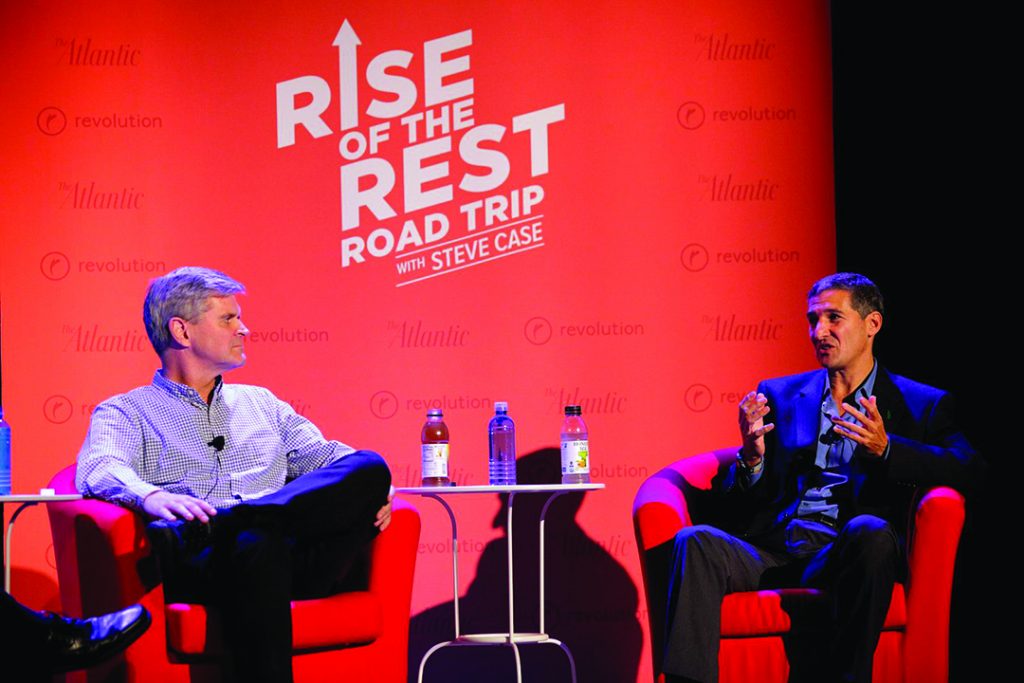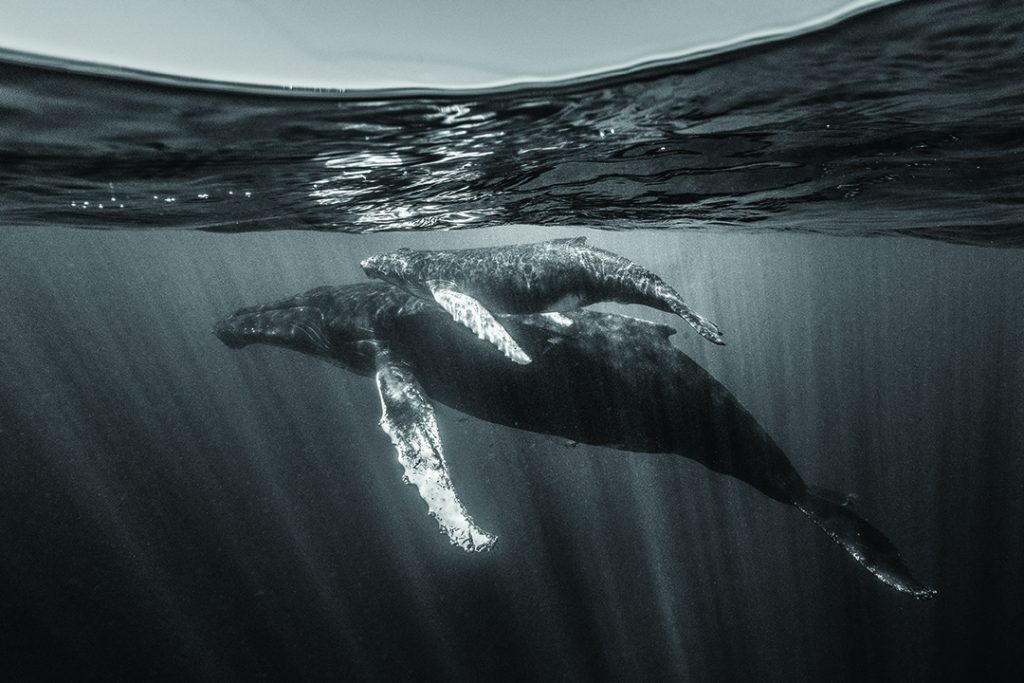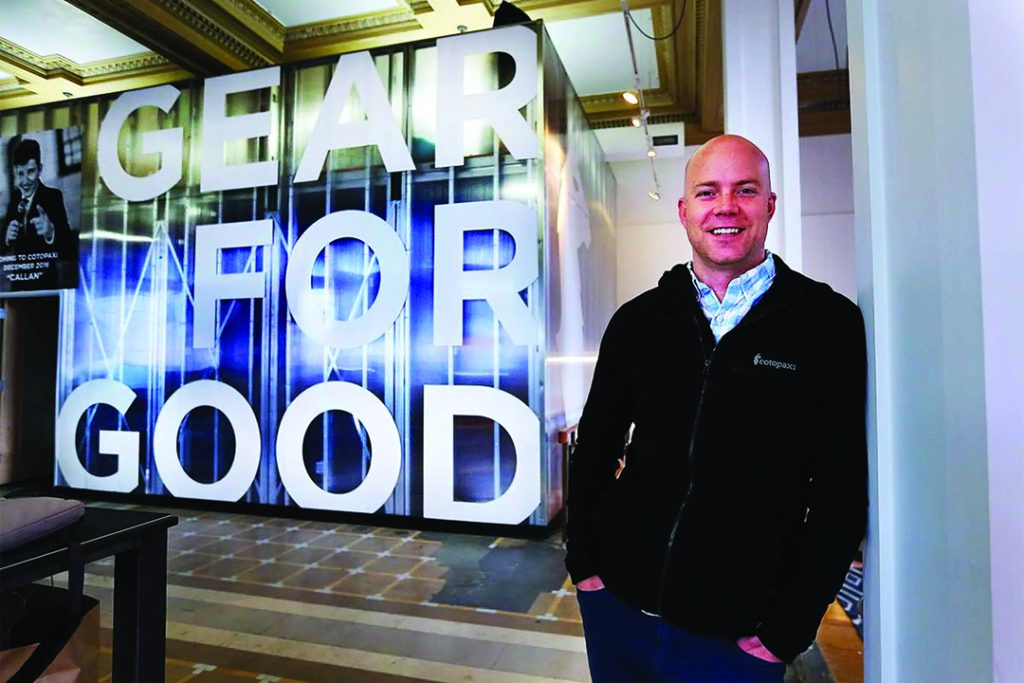Long Live the Culture

When you’re transitioning out of a company, don’t let the impact, ethos, and culture leave with you. Here are some ways to preserve a legacy so that it lasts far past your time there.
1. Choose your successor wisely.
I’ve experienced firsthand where I’ve had impact in a business and it’s been undone. The business after I sold it didn’t even last 18 months, and that was my fault because I chose the wrong buyer. So, now I’m very conscious that it’s not about the size of the check, but it’s about how they are going to run the company moving forward. A lot of people I’ve spoken to bought their companies back for nothing five years later. Venture capitalists in general are great at eroding value in a lot of cases, if we’re being really honest.
2. Ingrain the mission.
If you look at someone like former Unilever CEO Paul Polman and his net positive business models and his way of doing things, he made that fundamentally part of the business success, part of what the shareholders were wanting, because it had made them money so they knew that model worked. He’d proven out the impact piece. He had engaged his stakeholders, his shareholders, and his team, and everyone was rallied around it to the point where it was the lifeblood of the organization. It’s pretty hard to do a blood transfusion and change the whole ecosystem after you’ve left because it’s fundamentally what drives it.
3. Take everybody on the journey.
Not everybody is going to be replaced. If you’re the only one leaving, and there’s still the executive team and the board, if on every single level, that impact they’ve not only been part of creating, but they’ve driven that and they believe in it to their core, then when you leave, it’s just an ecosystem that continues to grow. So, do not be the only one in the organization waving the impact flag. You need to engage and take the time for everybody to jump on it, no matter where they are on that path, because sustainability is not a destination, it’s a journey. Wherever they are, you meet them at that point, and you take them on that journey. The whole point of being a CEO and a founder is to make yourself irrelevant, and not needed and dependent. So if you can create this ecosystem, it’s not very often then that you can come in and kill something like that. It’s already growing.
Tamara Loehr is the co-founder of Beusail Academy, a mentoring business for entrepreneurs, as well as a growth advisor, impact investor, and business mentor.
Subscribe today and gain a strategic advantage from the emerging trends and best leadership practices found within Real Leaders magazine.





Responses